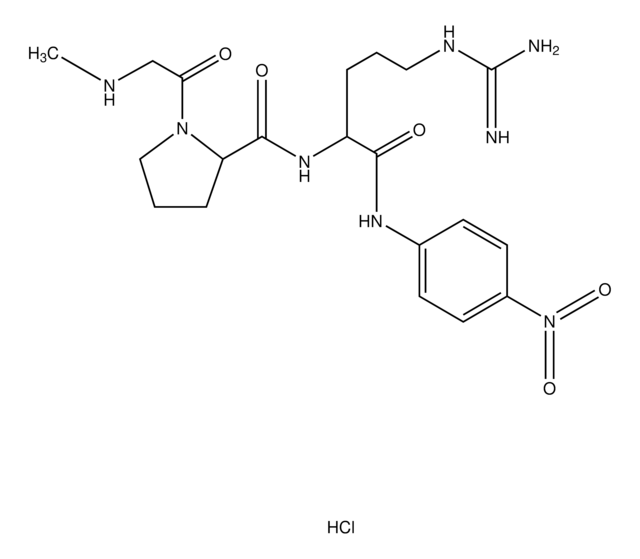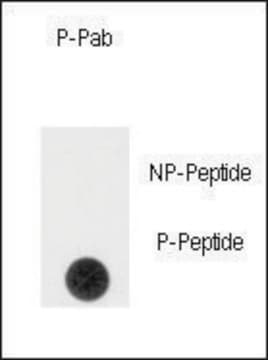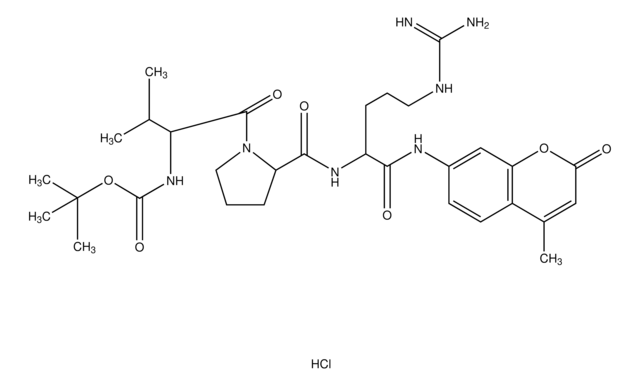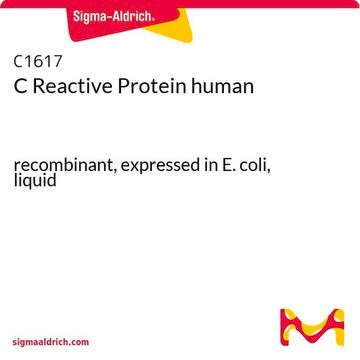E2888
Earle′s Balanced Salts
With sodium bicarbonate, liquid, sterile-filtered, suitable for cell culture
Synonym(s):
EBSS
Sign Into View Organizational & Contract Pricing
All Photos(1)
About This Item
Recommended Products
Quality Level
sterility
sterile-filtered
form
liquid
technique(s)
cell culture | mammalian: suitable
impurities
endotoxin, tested
components
phenol red: 0.011 g/L
glucose: 1.0 g/L (Dextro)
NaHCO3: 2.2 g/L
shipped in
ambient
Looking for similar products? Visit Product Comparison Guide
General description
Balanced Salt solution participates in providing a buffer system to maintain the medium in optimum pH range (7.2-7.6), irrigating and diluting while maintaining the intra- and extracellular osmotic balance. It helps to maintain the normal cell metabolism by giving water and bulk inorganic ions. Balanced Salt solution provides the energy source for cell metabolism by supplying carbohydrates such as glucose.
Application
Earle′s Balanced Salts has been used:
- to incubate hepatocellular carcinoma cell line
- as a component of embryo culture medium for washing rabbit embryos
- to culture mouse embryonic neuroretina
Storage Class Code
12 - Non Combustible Liquids
WGK
WGK 1
Flash Point(F)
Not applicable
Flash Point(C)
Not applicable
Certificates of Analysis (COA)
Search for Certificates of Analysis (COA) by entering the products Lot/Batch Number. Lot and Batch Numbers can be found on a product’s label following the words ‘Lot’ or ‘Batch’.
Already Own This Product?
Find documentation for the products that you have recently purchased in the Document Library.
Customers Also Viewed
Yunchen Le et al.
Cell death & disease, 9(6), 666-666 (2018-06-06)
Amino-acid metabolism plays a vital role in mammalian target of rapamycin (mTOR) signaling, which is the pivot in colorectal cancer (CRC). Upregulated chaperone-mediated autophagy (CMA) activity contributes to the regulation of metabolism in cancer cells. Previously, we found that sorting
Chinwendu Nwadike et al.
Molecular and cellular biology, 38(10) (2018-03-07)
Autophagy maintains metabolism in response to starvation, but each nutrient is sensed distinctly. Amino acid deficiency suppresses mechanistic target of rapamycin complex 1 (MTORC1), while glucose deficiency promotes AMP-activated protein kinase (AMPK). The MTORC1 and AMPK signaling pathways converge onto
Yinping Tong et al.
Journal of cellular and molecular medicine (2018-06-21)
Corilagin is a component of Phyllanthus urinaria extract and has been found of possessing anti-inflammatory, anti-oxidative, and anti-tumour properties in clinic treatments. However, the underlying mechanisms in anti-cancer particularly of its induction of cell death in human breast cancer remain
Jun Song et al.
Scientific reports, 7(1), 12202-12202 (2017-09-25)
Immunodeficient mice have been used predominantly in biomedical research. Realizing that large animal species may have an enhanced ability to predict clinical outcome relative to mice, we worked to develop immunodeficient rabbits by CRISPR/Cas9. We first demonstrated that multiplex embryo
Ling Li et al.
The Journal of biological chemistry, 292(33), 13774-13783 (2017-07-15)
Autophagy has been shown to be important for normal homeostasis and adaptation to stress in the kidney. Yet, the molecular mechanisms regulating renal epithelial autophagy are not fully understood. Here, we explored the role of the stress-responsive transcription factor forkhead
Our team of scientists has experience in all areas of research including Life Science, Material Science, Chemical Synthesis, Chromatography, Analytical and many others.
Contact Technical Service







